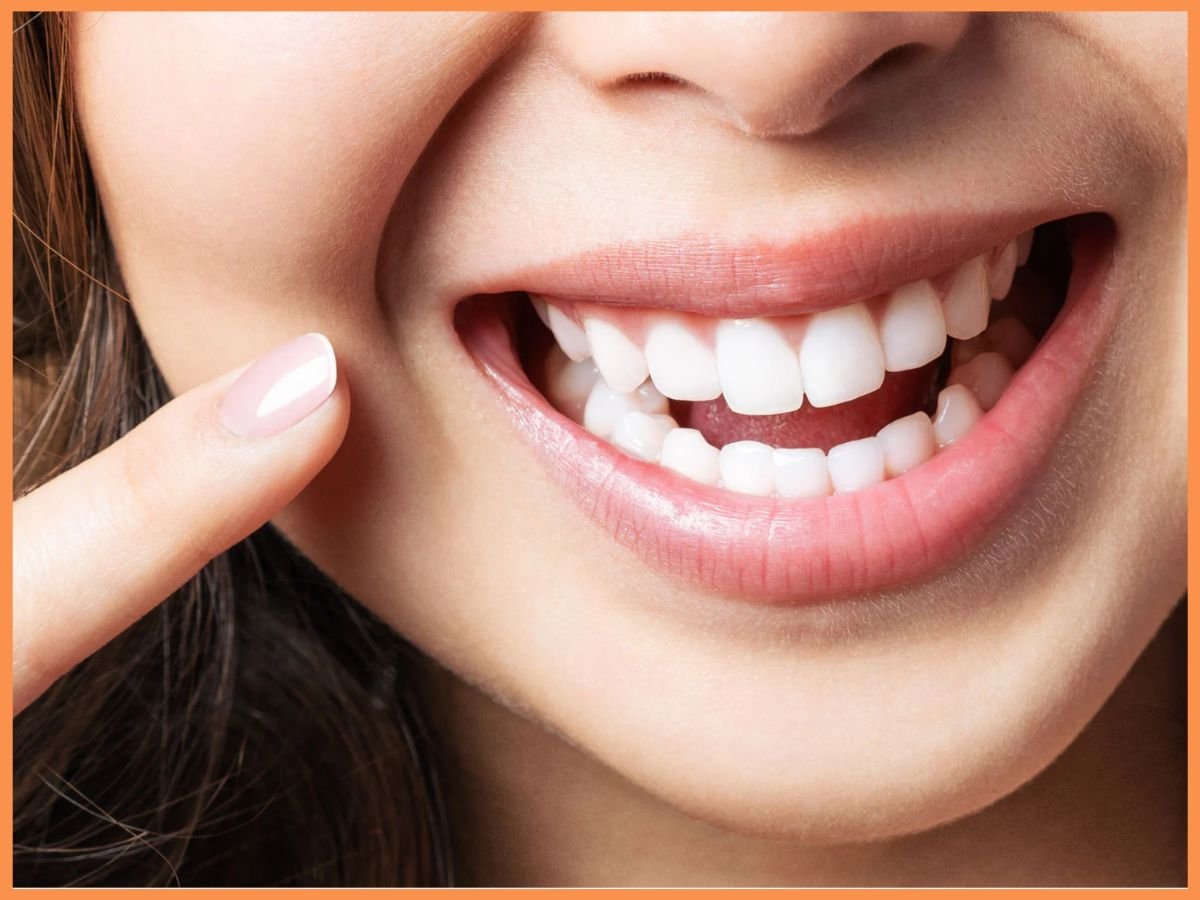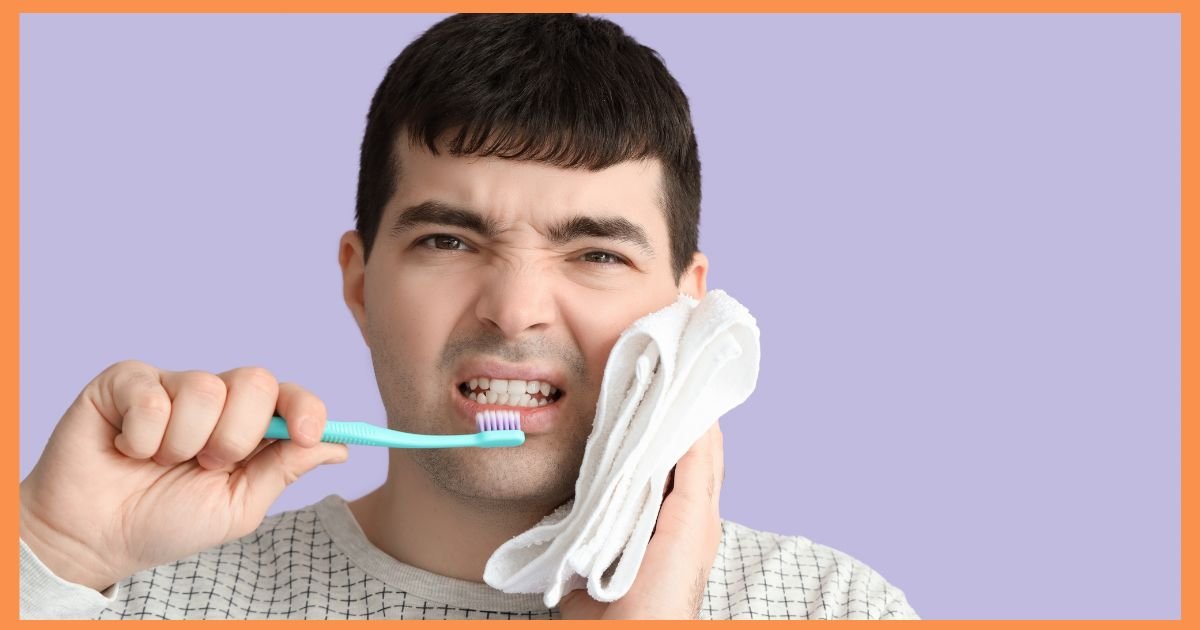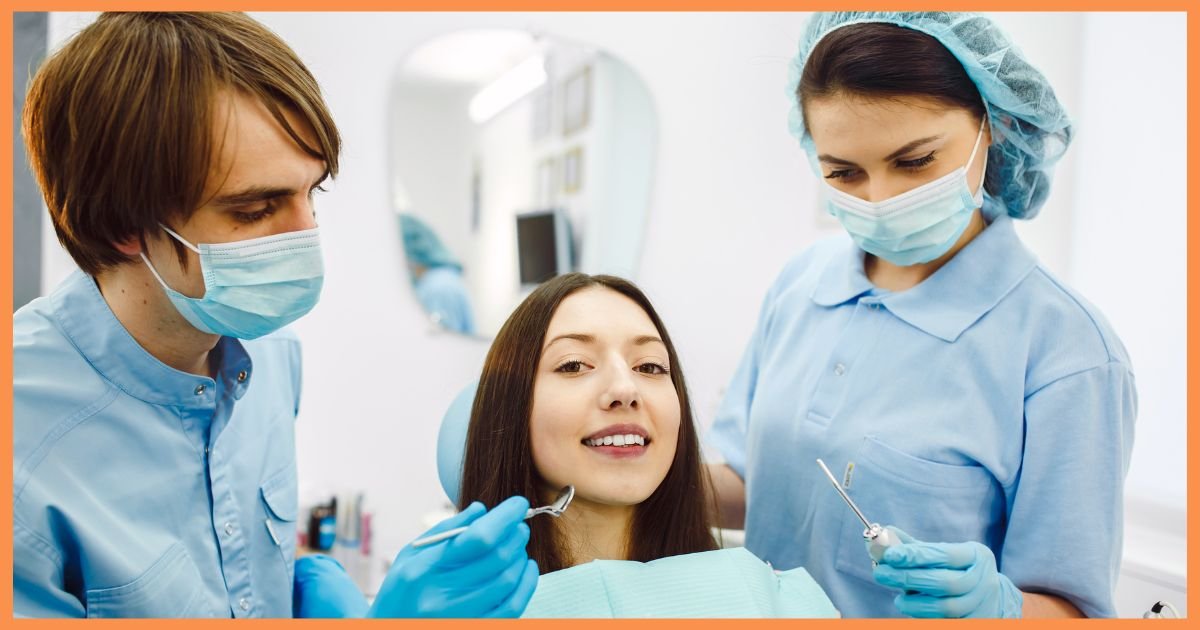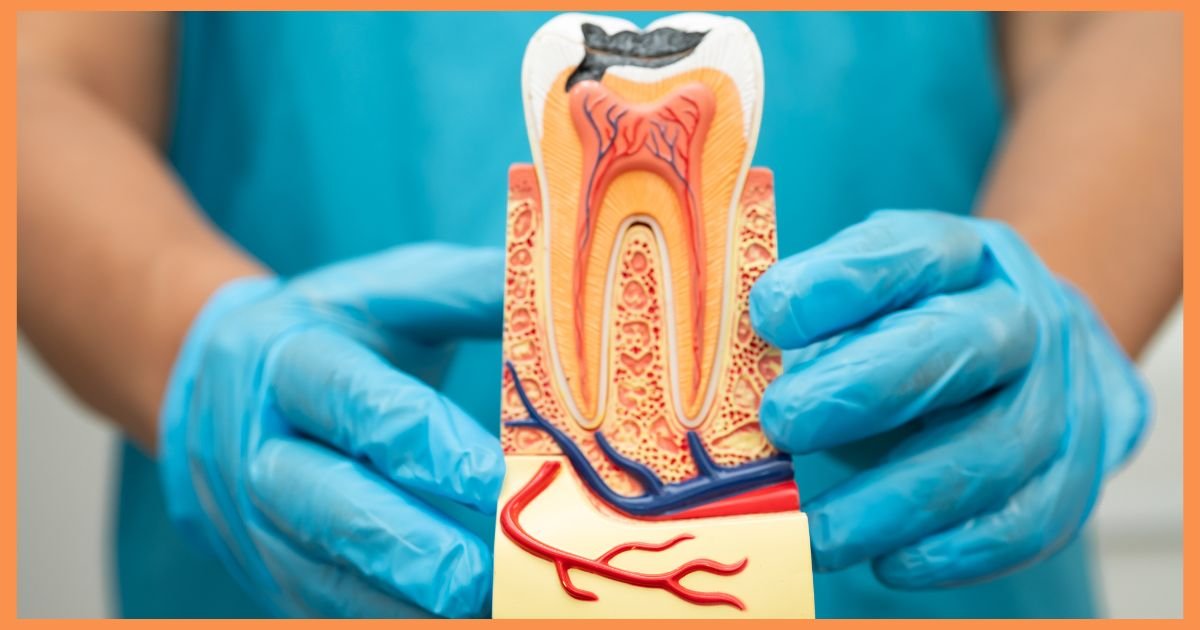Undergoing oral surgery, whether it’s a tooth extraction, dental implant, or another procedure, requires careful post-operative care to ensure a smooth recovery and optimal results. Dental oral surgery involves more than just the procedure itself; the way you care for your mouth afterward plays a crucial role in how quickly and effectively you heal. Proper aftercare helps minimize discomfort, reduces the risk of complications, and promotes faster healing.
After oral surgery, you may experience some discomfort, swelling, and bleeding, which are normal parts of the recovery process. However, how you manage these symptoms can greatly impact your overall recovery. Following your dentist’s aftercare instructions closely is essential for a successful outcome. This includes managing pain, controlling swelling, and maintaining good oral hygiene while the surgical site heals.
Diet and nutrition also play a significant role in your recovery. Eating soft, nutritious foods helps support the healing process and ensures you get the nutrients needed for your body to repair itself. Additionally, avoiding certain foods and practices can prevent complications and make your recovery more comfortable.

In this guide, we will cover essential post-surgery care tips, including how to manage discomfort, control swelling, maintain oral hygiene, and follow up with your dentist. By adhering to these guidelines, you can help ensure a smooth and successful recovery from your oral surgery. For personalized care and expert advice, consider visiting Dr. Khullar’s dental clinic, the best dentist in Gurgaon where we provide comprehensive support at our locations in DLF Phase 3, DLF Phase 5, Golf Course Road Gurgaon, and Sector 83 New Gurgaon.
Table of Contents
- Introduction
- Immediate Aftercare
- 2.1. Managing Discomfort
- 2.2. Controlling Swelling
- 2.3. Dealing with Bleeding
- Diet and Nutrition
- 3.1. Foods to Eat
- 3.2. Foods to Avoid
- Oral Hygiene
- 4.1. Brushing and Flossing
- 4.2. Rinsing and Mouthwash
- Medication and Pain Management
- 5.1. Pain Relief
- 5.2. Antibiotics and Other Medications
- Follow-Up Care
- 6.1. Scheduling Appointments
- 6.2. Recognizing Signs of Complications
- Lifestyle Adjustments
- 7.1. Rest and Recovery
- 7.2. Avoiding Strenuous Activities
- Frequently Asked Questions (FAQs)
- Conclusion
1. Introduction
Oral surgery requires careful attention to post-operative care. Proper management can help minimize pain, reduce the risk of complications, and speed up your recovery. By following the advice outlined in this guide, you can ensure your healing process goes smoothly.
2. Immediate Aftercare
Effective immediate aftercare is crucial to ensure a smooth recovery following oral surgery. Proper management of discomfort, swelling, and bleeding can significantly impact your healing process. Here’s a detailed guide on how to handle these immediate post-surgery needs:
2.1. Managing Discomfort
Experiencing some level of discomfort after dental oral surgery is normal. To manage this, follow these steps:
- Pain Medication: Your dentist will likely prescribe pain medication to help control discomfort. It’s important to take these medications exactly as directed. If over-the-counter pain relievers are recommended, such as ibuprofen, follow the dosage instructions carefully.
- Comfort Measures: Using a soft diet and staying hydrated can also help minimize discomfort. Avoid hard or crunchy foods that might irritate the surgical area.
- Positioning: Keeping your head elevated with pillows while resting or sleeping can also reduce discomfort and promote better healing.
2.2. Controlling Swelling
Swelling is a common reaction to oral surgery. Here’s how to manage it effectively:
- Ice Application: Apply an ice pack to the affected area for 15-20 minutes at a time, with breaks in between. This helps reduce swelling and numb the area to ease pain. Always place a cloth between the ice pack and your skin to avoid frostbite.
- Elevate Your Head: When lying down, use extra pillows to keep your head elevated. This can help reduce swelling by allowing fluids to drain away from the surgical site.
- Avoid Heat: For the first 48 hours, avoid applying heat to the swollen area, as it can worsen swelling.
2.3. Dealing with Bleeding
Some bleeding is expected immediately after surgery. To manage this:
- Gauze Pads: Place a gauze pad over the surgical site and bite down gently. This helps apply pressure to the area and control bleeding. Change the gauze every 30 minutes or as needed until the bleeding diminishes.
- Avoid Disturbance: Refrain from sucking or spitting, as these actions can dislodge the blood clot that is forming and lead to increased bleeding.
- Contact Your Dentist: If bleeding persists or is excessive, contact your dentist promptly. This could be a sign of a complication that needs attention.
3. Diet and Nutrition
Your diet plays a vital role in your recovery after oral surgery. Choosing the right foods and avoiding others can greatly influence how well and how quickly you heal. Here’s how to manage your diet and nutrition effectively during your recovery:
3.1. Foods to Eat
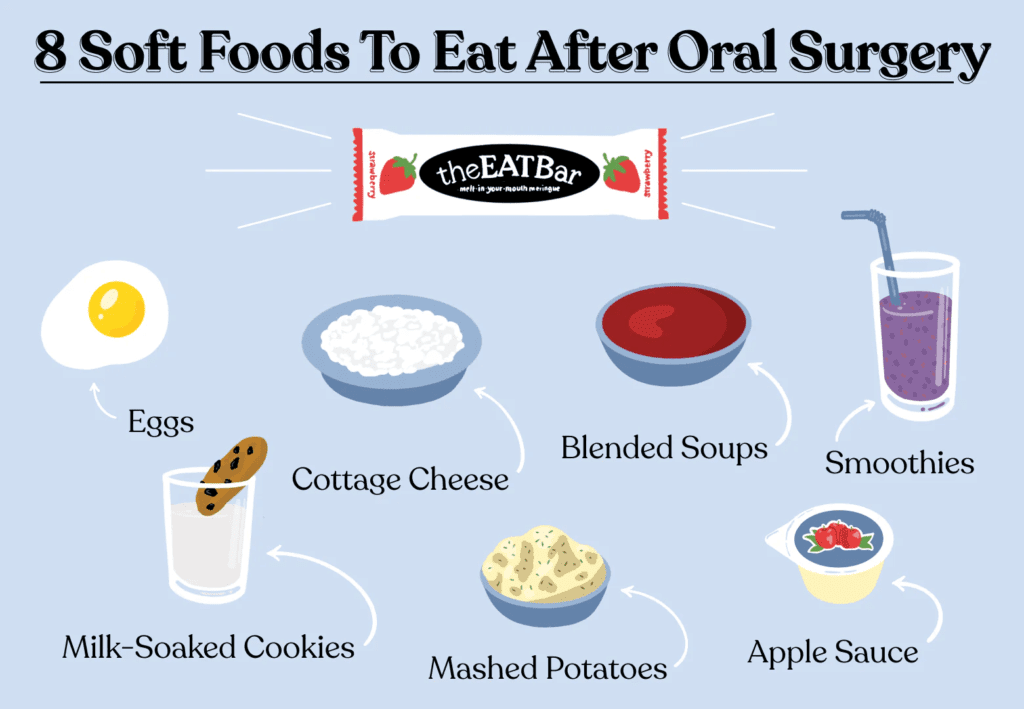
During the initial days after surgery, it’s important to stick to soft foods that are easy to chew and swallow. Here are some ideal choices:
- Applesauce: Smooth and gentle on the mouth, applesauce provides a good source of vitamins without requiring chewing.
- Yogurt: Rich in protein and probiotics, yogurt helps in maintaining gut health and is easy to eat.
- Mashed Potatoes: Soft and filling, mashed potatoes can be flavored with herbs for added taste without needing to chew.
- Smoothies: A great way to get essential nutrients, smoothies can be packed with fruits, vegetables, and even protein powders. Just ensure they are not too cold or too acidic.
- Scrambled Eggs: Soft and high in protein, scrambled eggs are a nutritious option that doesn’t require much chewing.
- Broths and Soups: Clear broths and smooth soups can be soothing and hydrating, providing necessary nutrients without irritating the surgical site.
Make sure to include a variety of these soft, nutrient-rich foods to support overall health and promote faster healing.
3.2. Foods to Avoid
Certain foods can disrupt the healing process or cause discomfort. Avoid the following:
- Nuts and Seeds: These can be hard and might get stuck in the surgical area, potentially causing irritation or infection.
- Chips and Popcorn: The hard and crunchy texture of chips and popcorn can damage the healing tissues and dislodge blood clots.
- Hard Candies: These can be tough to chew and may irritate the surgical site or get stuck in the wounds.
- Spicy Foods: Spicy foods can cause discomfort and irritation to sensitive healing tissues.
- Alcohol: Alcohol can irritate the healing tissues and interfere with medications or anesthesia effects.
- Hot Foods and Beverages: Avoid consuming very hot foods or drinks, as they can increase swelling and discomfort.
4. Oral Hygiene

Maintaining good oral hygiene after oral surgery is crucial for preventing infections and ensuring a smooth recovery. Proper care of your mouth and the surgical site helps promote healing and avoids complications. Here’s how to manage your oral hygiene effectively during your recovery:
4.1. Brushing and Flossing
Proper brushing and flossing are essential, but you need to be extra gentle around the surgical area:
- Brushing: Use a soft-bristled toothbrush to clean your teeth. For the first few days, avoid brushing directly on the surgical site to prevent disturbing the healing tissues. Instead, focus on brushing the rest of your teeth gently.
- Flossing: Continue to floss daily, but be careful around the surgical area. Use a gentle touch and avoid pulling or pressing on the site. If your dentist provides specific instructions or tools, follow those guidelines.
- Replacing Your Toothbrush: After the initial recovery period, replace your toothbrush to ensure it is clean and free from bacteria that could interfere with healing.
4.2. Rinsing and Mouthwash
Rinsing your mouth properly helps keep the area clean and promotes healing:
- Saltwater Rinses: Rinse your mouth with a saltwater solution (1/2 teaspoon of salt in 8 ounces of warm water) several times a day, especially after meals. This helps to cleanse the area gently and reduce the risk of infection. Avoid swishing too vigorously, as this can disrupt the healing site.
- Mouthwash: Avoid using mouthwashes that contain alcohol, as they can irritate the healing tissues. Instead, opt for alcohol-free mouth rinses or follow your dentist’s recommendation for a suitable mouthwash.
- Avoid Using Straws: Drinking through straws can create suction that may dislodge blood clots and interfere with healing. Stick to sipping from a glass or cup.
Additional Tips
- Hydration: Keep yourself hydrated by drinking plenty of water. This helps maintain a healthy mouth and supports the healing process.
- Avoid Irritants: Stay away from products that may irritate the surgical site, such as tobacco and strong-smelling mouthwashes.
5. Medication and Pain Management
Effective medication and pain management are key components of a smooth recovery following oral surgery. Properly addressing discomfort and adhering to prescribed medications can significantly improve your recovery experience. Here’s a comprehensive guide on how to manage pain and medication post-surgery:
5.1. Pain Medication
Prescribed Medications:
- Follow Instructions: Take any prescribed pain medications exactly as directed by your dentist. This will help manage pain effectively and reduce the risk of side effects.
- Timing and Dosage: Adhere to the recommended dosage and timing to maintain consistent pain relief. Avoid taking more than the prescribed amount or more frequently than instructed.
- Side Effects: Be aware of potential side effects of prescription medications, such as drowsiness, nausea, or dizziness. Contact your dentist if you experience any concerning side effects.
Over-the-Counter Pain Relievers:
- Non-Prescription Options: If over-the-counter (OTC) pain relievers are recommended, such as ibuprofen or acetaminophen, follow the dosage instructions carefully. These can help manage mild to moderate pain and reduce inflammation.
- Avoid Certain Medications: Avoid taking aspirin unless specifically instructed by your dentist, as it can increase bleeding.
5.2. Managing Pain Discomfort
Comfort Measures:
- Cold Compresses: Apply an ice pack to the outside of your face near the surgical site for 15-20 minutes at a time, with breaks in between. This helps reduce swelling and numb the area to alleviate pain.
- Rest: Ensure you get plenty of rest and keep your head elevated while lying down. This can help reduce discomfort and promote better healing.
Alternative Pain Relief:
- Warm Saltwater Rinses: After the initial 24-48 hours, gently rinsing your mouth with warm saltwater can provide soothing relief and aid in the healing process.
- Soft Diet: Consuming soft, nutritious foods can help reduce discomfort during eating. Avoiding hard, crunchy, or spicy foods prevents irritation of the surgical site.
5.3. Monitoring and Adjusting Pain Management
Regular Assessment:
- Track Pain Levels: Monitor your pain levels and adjust medication as needed, in accordance with your dentist’s advice. If you find that your pain is not adequately controlled, contact your dentist for further guidance.
- Report Issues: Inform your dentist if you experience persistent or severe pain that does not improve with medication. This could indicate an issue that requires additional treatment or adjustment of your pain management plan.
6. Follow-Up Care
Follow-up care is essential to ensure that your recovery from oral surgery is progressing as expected and to address any potential issues early. Regular check-ups with your dentist help monitor healing, prevent complications, and make any necessary adjustments to your care plan. Here’s what you need to know about follow-up care:
6.1. Scheduling Appointments
Post-Surgery Visits:
- Initial Follow-Up: Your dentist will schedule an initial follow-up appointment, typically within a week of your surgery. This visit allows your dentist to assess the healing process and check for any signs of complications.
- Regular Check-Ups: Depending on the complexity of your surgery, additional follow-up appointments may be necessary. These visits are crucial for monitoring the surgical site, ensuring proper healing, and addressing any concerns.
- Special Instructions: Make sure to follow any specific instructions from your dentist regarding the timing of follow-up appointments. Adhering to these recommendations ensures that any issues are addressed promptly.
6.2. Recognizing Signs of Complications
It’s important to be aware of potential signs of complications that may require immediate attention:
- Severe Pain: While some discomfort is normal, severe or worsening pain may indicate a problem. Contact your dentist if you experience intense pain that is not relieved by prescribed medication.
- Excessive Swelling: Some swelling is normal, but if it persists beyond a few days or increases significantly, it could be a sign of infection or other complications.
- Bleeding: Minimal bleeding is expected, but if you notice significant or prolonged bleeding, seek advice from your dentist.
- Signs of Infection: Watch for symptoms such as fever, pus, or an unpleasant odor from the surgical site, which may indicate an infection.
- Dislodged Clot: If you notice that the blood clot in the surgical area has been dislodged or you have a dry socket (a painful condition where the blood clot fails to form or is lost), contact your dentist immediately.
Contacting Your Dentist:
- Emergencies: If you experience any of the above symptoms or have any concerns, do not hesitate to contact your dentist. Early intervention can prevent more serious complications and ensure a smoother recovery.
- Follow-Up Instructions: Follow any additional instructions provided by your dentist regarding care, medication, or lifestyle adjustments.
7. Lifestyle Adjustments
Making certain lifestyle adjustments after oral surgery can significantly impact the effectiveness of your recovery and overall comfort. Adapting your daily habits can help ensure a smooth healing process and reduce the risk of complications. Here are key lifestyle adjustments to consider:
7.1. Rest and Activity
Resting:
- Avoid Physical Strain: For the first few days after surgery, limit physical activities and avoid strenuous exercise. Resting helps your body focus on healing and reduces the risk of complications such as increased swelling or bleeding.
- Gentle Movements: When you do start to move around, keep activities light and avoid sudden movements that might disrupt the surgical site.
Gradual Return to Activity:
- Resume Normal Activities Slowly: Gradually ease back into your regular routine. Listen to your body and avoid activities that cause discomfort or strain on the healing area.
7.2. Smoking and Alcohol

Smoking:
- Avoid Smoking: Smoking can significantly impair healing by reducing blood flow to the surgical area and increasing the risk of complications such as infections and delayed healing. Ideally, stop smoking well before your surgery and avoid it during the recovery period.
Alcohol:
- Refrain from Alcohol: Avoid consuming alcohol for at least 48 hours after surgery, or longer if advised by your dentist. Alcohol can interfere with medications and hinder the healing process.
7.3. Managing Stress
Stress Reduction:
- Relaxation Techniques: Engage in relaxation techniques such as deep breathing, meditation, or gentle yoga. Reducing stress can help your body heal more effectively and improve overall well-being.
- Adequate Sleep: Ensure you get plenty of rest by maintaining a comfortable sleep environment. Quality sleep is essential for healing and recovery.
7.4. Oral Care Products
Using Recommended Products:
- Follow Recommendations: Use any specific oral care products recommended by your dentist, such as antimicrobial mouthwashes or special toothbrushes, to aid in your recovery and maintain oral hygiene.
- Avoid Irritants: Steer clear of products that may irritate the surgical area, such as abrasive toothpaste or mouthwashes containing alcohol.
7.5. Hydration and Nutrition
Hydration:
- Drink Plenty of Water: Staying well-hydrated is crucial for healing. Water helps flush out toxins and supports overall bodily functions.
Balanced Diet:
- Maintain a Nutritious Diet: Continue eating a balanced diet rich in vitamins and minerals to support your body’s healing process. Soft, nutrient-dense foods are ideal during the initial recovery phase.
8. Frequently Asked Questions (FAQs)
Q: How long will it take to fully recover?
A: Recovery time varies depending on the type of surgery and individual factors. Most people experience significant improvement within a week, but complete healing may take a few weeks.
Q: Can I smoke after oral surgery?
A: Smoking can interfere with healing and increase the risk of complications. It’s best to avoid smoking during your recovery period.
Q: When can I return to my normal diet?
A: You can gradually reintroduce solid foods as you feel comfortable, usually within a week. Start with soft foods and transition to your normal diet as your mouth heals.
Q: What should I do if I notice something unusual?
A: If you notice unusual symptoms like excessive bleeding or severe pain, contact your dentist immediately for advice.
9. Conclusion
Caring for your teeth after dental oral surgery is essential for ensuring a smooth and successful recovery. By following the outlined guidelines for immediate aftercare, managing discomfort and swelling, and adhering to a soft, nutritious diet, you set the stage for optimal healing. Maintaining proper oral hygiene is equally important to prevent infections and support tissue recovery. Regular follow-up appointments with your dentist will help monitor your progress and address any concerns promptly, ensuring any potential issues are managed before they become serious problems. Additionally, making thoughtful lifestyle adjustments, such as avoiding smoking and alcohol, managing stress, and staying hydrated, can further enhance your recovery process. Remember, the post-surgery period is a critical time for your overall oral health, and your commitment to following these care instructions will contribute significantly to your successful healing. If you have any questions or need personalized care during your recovery, don’t hesitate to visit oral surgery specialists Dr. Khullar’s dental clinic, the best oral surgeons near me with locations in DLF Phase 3, DLF Phase 5, Golf Course Road Gurgaon, and Sapphire 83 Mall, Sector 82 New Gurgaon, our dedicated team is here to support you every step of the way. Your well-being and comfort are our top priorities, and we are committed to providing the expert care you need for a smooth and effective recovery.

